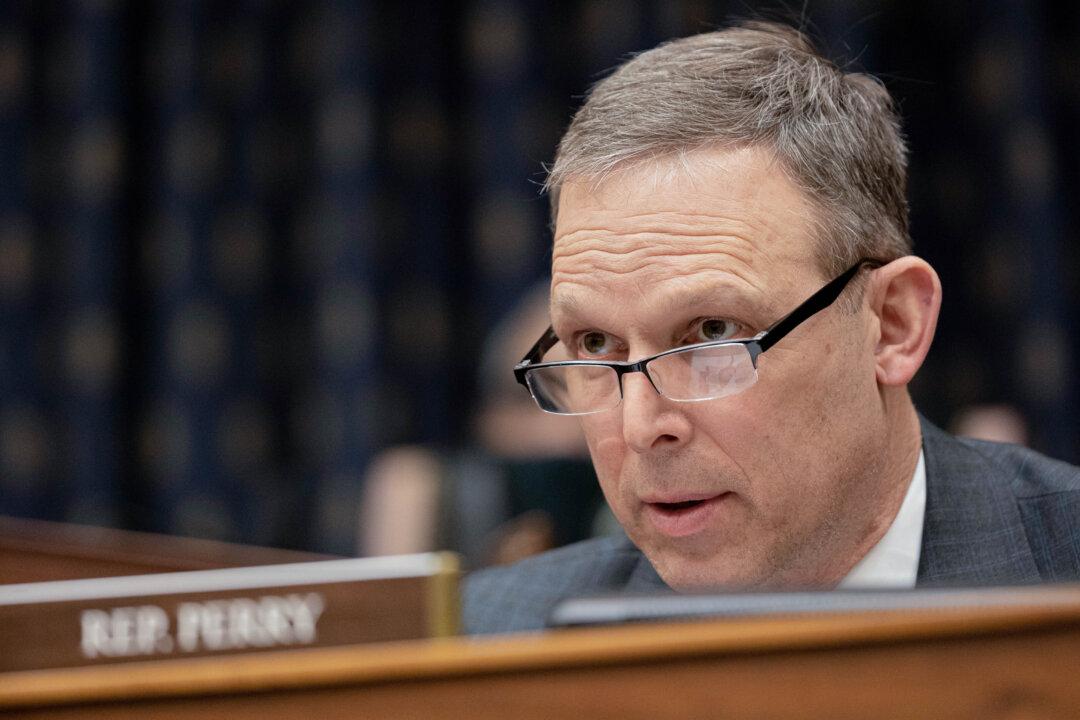A federal judge rejected a U.S. congressman’s bid to shield thousands of records from U.S. authorities investigating potential crimes linked to the 2020 election, according to filings unsealed on Feb. 24.
U.S. District Court Chief Judge Beryl Howell said that the U.S. Department of Justice can access 2,055 records from the personal cellphone of Rep. Scott Perry (R-Pa.) in a Dec. 28, 2022 order that was made public on Friday.





